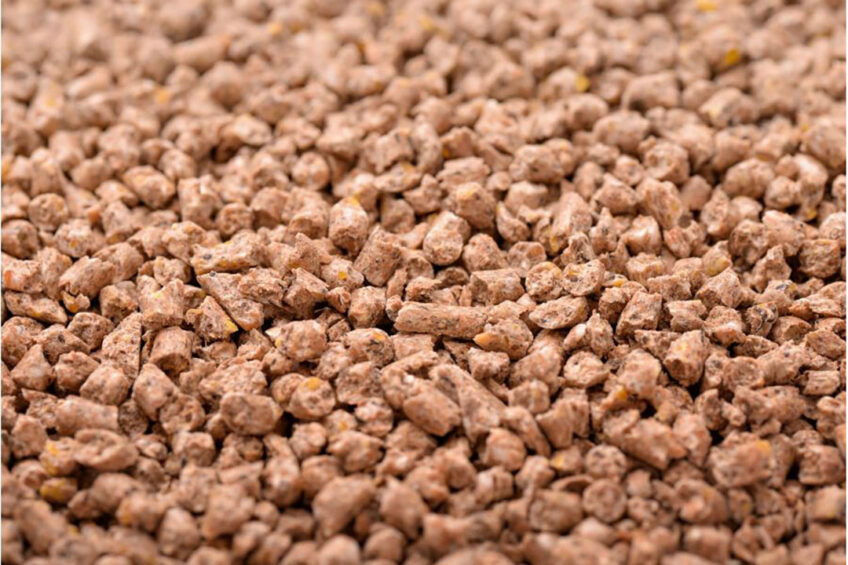War and animal disease hit EU compound feed production

Compound feed production in the European Union is set to fall by more than 3% this year due to the twin effects of the ongoing Russia-Ukraine conflict and escalating animal disease problems.
Trade organisation FEFAC said this week that compound feed production will be 5m tonnes lower this year at 145m tonnes as larger producer countries blame supply chain disruptions and the spread of African Swine Fever (ASF) and avian influenza (AI). Only feed manufacturers in the Baltics, Ireland, Poland, Bulgaria and Slovenia are expected to keep feed production at a similar level to the last year.
Pig feed
All the major feed sectors are expected to be affected with the pig sector worst hit due to the march of ASF and increased production costs leading to farmers either leaving the industry or reducing their herd size.
The situation is particularly dire in Belgium (-11%), Denmark (-9%), Germany (-8%) and the Czech Republic (-7.4%). Romania and Poland are very much affected by ASF while the Netherlands and Belgium are under increasing pressure to depopulate their pig herds to reduce greenhouse gas emissions.
Poultry feed
The spread of bird flu across the EU, which has severely hit France, Belgium, Italy and Hungary, coupled with increased costs of production for both layers and broilers, has hit feed production in the poultry sector.
Feed, energy and packaging costs have all risen sharply since the start of the Ukraine War, which has led some producers to postpone new production cycles/flock rotations, with free-range and organic farmers suffering due to lower consumer demand for higher priced goods. And the EU trade policy offering temporary “zero tariff, zero quota” access for Ukrainian products entering the EU led to significant imports of poultry meat and eggs over the summer.
Cattle feed
Despite reasonable summer sales of compound feed due to the hot weather and lack of grass in the Benelux countries, Germany, France and southern Europe, annual figures are still set to be lower. FEFAC said farmers had reduced their herds and shortened their lactation cycle in response to green policies and to reduce feed usage.
Looking ahead, the trade body said the disappointing maize harvest, which was 19% lower across the EU, may lead to a switch in the feed ration in favour of feed wheat. Other key issues facing the sector for 2023 are:
Increasing utility costs
Economic uncertainty
Issues around tighter environmental/animal welfare policy measures
Persistence of animal disease
Future use of the Black Sea corridor







